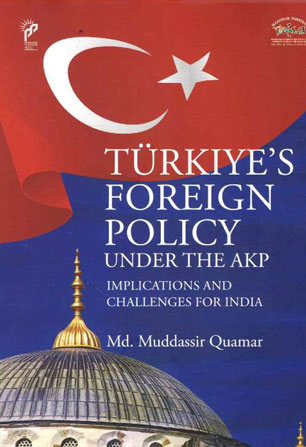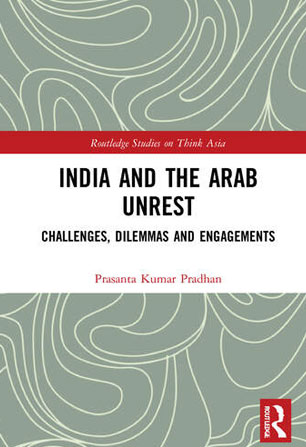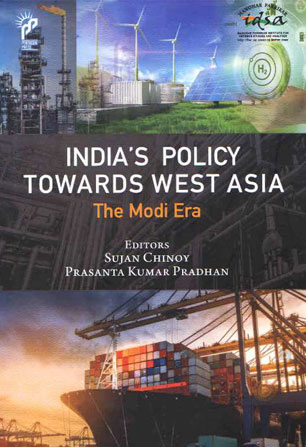India should rethink its Afghan policy
India should continue to play the Afghan game but no longer by showering financial largesse but by deploying its skills of political manoeuvring.
- P. Stobdan
- April 28, 2015



The West Asia Centre seeks to cover issues, themes and countries of the region which are undergoing rapid political transformation impacting the political and security situation of the region and beyond. Popular protests demanding political and economic reforms and the subsequent fall of some long ruling authoritarian rulers and the rise of Islamists to power have significantly changed the region’s political landscape. GCC-Iran rivalry, Shia-Sunni sectarian conflict, external intervention in the region, and the rise of religious radicalism have further aggravated the situation. The Centre is closely following the unfolding internal political developments in individual countries as well as the regional political scenario.
The historical shifts in the region and domestic political developments will have a significant impact on India’s external environment. With huge stakes in the region such as energy, trade and safety of Indian citizens in the region, it has become important for India to carefully watch developments taking place in its ‘extended neighbourhood.’ These and other related issues are being focused upon by the scholars at the Centre. The Centre continues to hold regular bilateral dialogues with some leading think tanks in West Asia thus facilitating exchange of ideas and perspectives.
Current projects being pursued in the Centre are:
No posts of Books and Monograph.
No posts of Jounral.
India should continue to play the Afghan game but no longer by showering financial largesse but by deploying its skills of political manoeuvring.
The Iran nuclear deal should not be seen in isolation. There has been a clear realisation in the West, especially in the US, that Iran needs to be brought out of international isolation and into the mainstream.
The recent attack on the Bardo museum and killing of foreign tourists has demonstrated that the challenge from the hardline Islamists remains.
US authorities seem to be unusually reluctant to use air power to help the Iraqi authorities and their Iranian allies in the conduct of the Tikrit offensive. Why?
Saudi Arabia has joined the war against the IS and it supports more boots on the ground to tackle this challenge. Although it is employing all the options available to it, the success of anti-IS operations depends to a significant extent on the ground situation in Syria and Iraq.
With the conclusion of the parliamentary and presidential elections, based on a constitution that finely balances the country’s Islamic heritage with the need for modernity, Tunisia has done what Egypt has failed to do.
China, like Russia, suffers from domestic terrorism (the Uyghur East Turkestan Islamic Movement). Daesh leader Abu Bakr al-Baghdadi has put China on a list of countries accused of persecuting Muslims, thus making it a target for jihad.
The PAC-3 missile defence deal is a win-win package for both the United States and Saudi Arabia in terms of both their bilateral relations and the enhancement of regional security.
Sultan Qaboos once observed that “while other Gulf Arabs prefer to get on a camel and go west into the Arab desert, Omanis prefer to be on a boat and drift towards India.”
This is the right time to raise a fundamental question about Obama’s policy towards Syria: Is there a coherent, consistent policy, based on a reasonably accurate assessment of the ground realities in Syria? The answer is a definite no.



